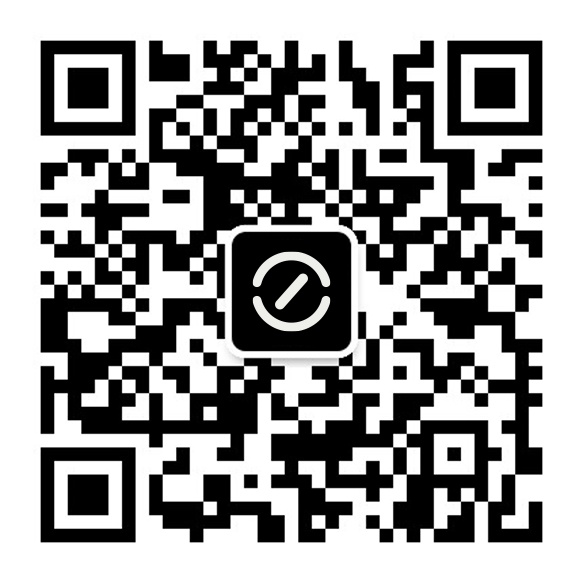Zenseact advances AD technology by providing industry peers and researchers with impressively robust, anonymized traffic data from diverse environments with unparalleled sensor range and resolution.
Gothenburg, 6 October, 2023. Data collection vehicles equipped with sensors such as lidar and cameras are fundamental in gathering the data needed to train cars to drive autonomously. Sensing can capture a wealth of information, including the location and movement of objects, the shape of surfaces, and the presence of other cars and pedestrians.
During a two-year period, Zenseact had its development vehicles drive across Europe – in countries such as Poland, France, Italy, the UK, Sweden, and Norway – to collect traffic data. The goal was to gather as much relevant traffic information as possible, following a simple logic: the more varied and complex scenarios a car is trained on, the better it can generalize to the full operational design domains of real-world AD systems, ultimately making it safer.
This comprehensive dataset, which also has the highest range and resolution sensors among comparable datasets, enabling long-range perception – crucial for high-speed and higher levels of autonomous driving – will not only accelerate the development of effective, accurate, and safe AD technology in-house. It might also attract new researchers to the company. By making a subset (the ZOD; see below) of the total data collected publicly available, the company enables faster collaborations with other companies and inspires researchers and colleagues in the automotive industry to further the advancement of safe automation systems.
“Since the amount of data collected in ZOD is so large and varied, it poses new challenges for researchers, developers, and students, making it an excellent resource to conduct studies and disseminate the findings. By making the dataset available to the public, we aim to accelerate progress collectively within our field. With an open dataset, everyone can validate the findings, benchmark their solutions, and improve the next generation of autonomous driving technologies. We’ve published ZOD under a license also approving commercial use to allow smaller startups and other commercial entities to leverage it and focus on devising innovative solutions that could enhance road safety in general,” explains Mina Alibeigi, AI researcher and ZOD project leader at Zenseact.
While large-scale multimodal AD datasets are already available, only a few are comprehensive enough to reflect the diverse range of driving scenarios that self-driving vehicles will encounter in real life. Moreover, there is a lack of European data in publicly available AD datasets.
The Zenseact Open Dataset (ZOD) addresses this shortage. It comprises several hours of data from various high-range and resolution sensors, including an 8 MP camera, lidar, GNSS/IMU, and vehicle data, making it an extensive multimodal dataset. ZOD provides a wide range of driving scenarios captured in various conditions, from Swedish winter roads to rainy Polish highways to sunny Italian suburban streets. It also contains a comprehensive set of high-quality and detailed annotations for several perception tasks.
However, collecting real-world traffic data inevitably means that license plates and faces are captured. To ensure the privacy of individuals and comply with legal and regulatory requirements, we employ two approaches to anonymize faces and license plates: blurring and replacement with synthetic data.
Blurring was applied to the entire dataset, while replacement was applied partially. Interestingly, using different anonymization approaches provides an opportunity to study to what extent these techniques affect the performance of the learning models. For instance, will data anonymized using a particular method be less suitable for developing AD technology?
In conclusion, global driving data are crucial for developing self-driving technologies that generalize well across a wide range of operating conditions in the real world. Furthermore, ZOD’s wide geographical variety and real-world challenges enable several research opportunities and collaborations, underlining Zenseact’s ambition to advance the development of AD systems.
See more, at zod.zenseact.com
About Zenseact
We’re a software company committed to transforming automotive safety. By designing the complete software stack for autonomous driving and advanced driver assistance, from sensing to actuation, our mission is to end car accidents and make roads safe for everyone. Zenseact is owned by Volvo Cars and is home to over 500 developers and engineers. Our teams are based in Gothenburg, Sweden, and Shanghai, China.
Editorial contact
Veronika Nihlén
Tel: +46 721799103
Mail: veronika.nihlen@zenseact.com
